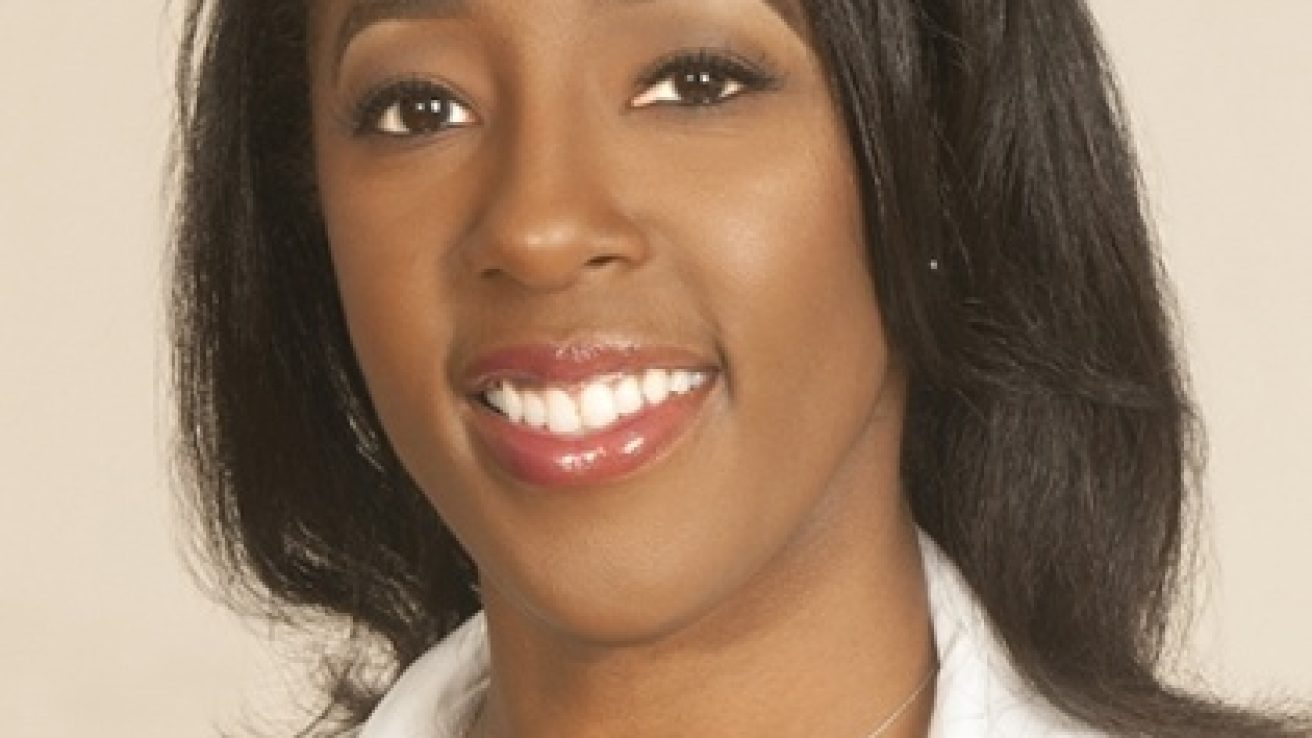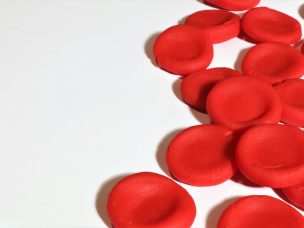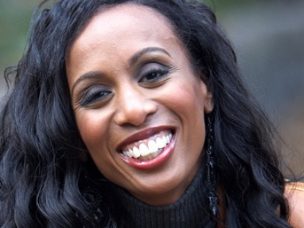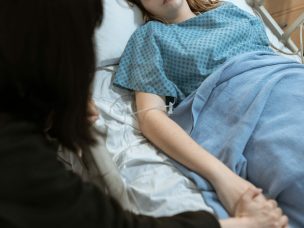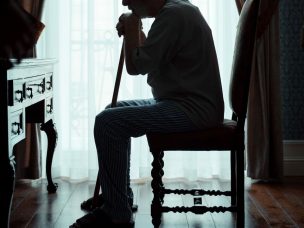In this MD Newsline exclusive interview with hematologist/oncologist Dr. Cheryl Mensah, we discuss how to provide culturally sensitive care and overcome language barriers.
MD Newsline:
How have you been able to implement culturally sensitive care in your practice?
Dr. Cheryl Mensah:
“So in my practice, it’s a little bit easier [for me] to be culturally sensitive, mainly because the majority of my patients are African American and Latino, which is similar to my background. But, I think even beyond my particular ethnicity, I think all patients want a doctor who listens to them, takes their concerns seriously, and treats them as a human being.
And so, I think if providers look at patients beyond their disease and beyond their ethnicity and try to empathize with them and what they’re dealing with, I think that they’ll find it easier to relate to any patient.”
MD Newsline:
How do you deal with language barriers so that they don’t impede your ability to deliver quality care?
Dr. Cheryl Mensah:
“I only speak English, but I have a translator phone and a translator video. In our practice, I use a translator phone for every patient who does not speak English, which connects me with a live translator to communicate with patients. For patients who use sign language, we have a translator video. And so I can click a button and then there will be a live person who can communicate in American Sign Language with the patient.”
Responses have been condensed and lightly edited.
